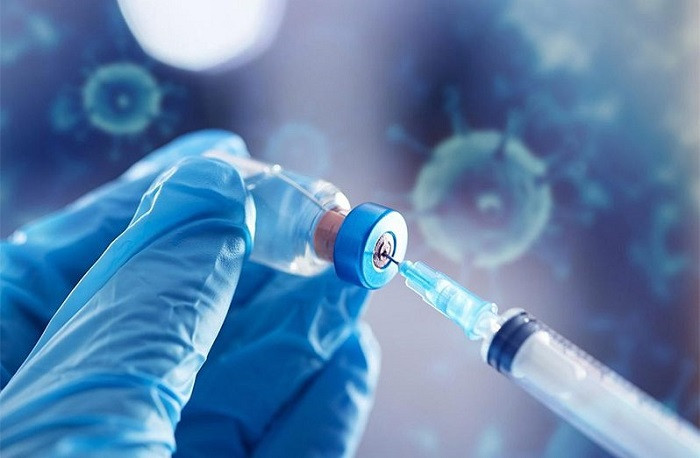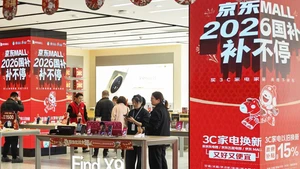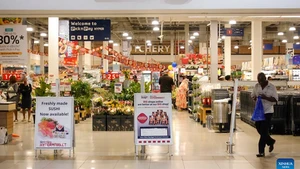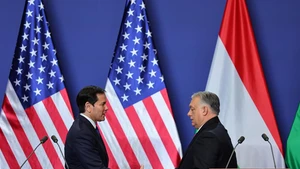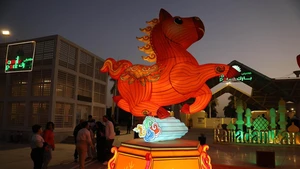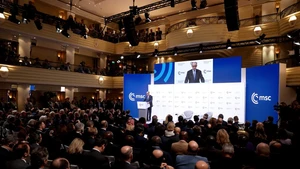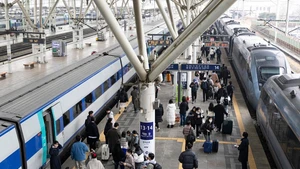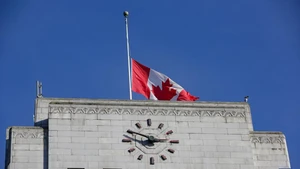In addition to the G7, G20 nations such as India and international groups such as the World Health Organization (WHO) and the World Bank will participate, it added, citing Japanese government sources.
During the COVID-19 pandemic, the COVAX facility, backed by WHO and the Global Alliance for Vaccines and Immunization (GAVI), delivered nearly 2 billion doses of coronavirus vaccine to 146 countries.
However, COVAX faced setbacks in ensuring equitable access, as wealthy nations prioritised shots for their citizens while insufficient storage facilities in poorer nations caused supply delays and disposal of millions of close-to-expiry doses.
The new program aims to pool rainy-day funds for vaccine production and purchases, as well as investment in low-temperature storages and training of health workers to prepare for the next global pandemic, the Yomiuri said.
Japan, this year's chair of the G7 meetings, looks to build support from emerging nations on wide-ranging issues such as supply chains, food security and climate change.
Saturday's meeting of G7 finance ministers agreed to offer aid to low- and middle-income countries to help increase their role in supply chains for energy-related products.
At a meeting on Saturday G7 finance and health ministers called for a new global financing framework to "deploy necessary funds quickly and efficiently in response to outbreaks without accumulating idle cash", they said in a statement.
The G7 will collaborate with the WHO and the World Bank, which manages an international pandemic fund, to explore the new funding scheme ahead of an August meeting of G20 finance and health ministers in India, they said.
The G7 grouping of Britain, Canada, the European Union, France, Germany, Italy, Japan and the United States, is considering whether to issue a statement on global pandemic response at the May 19-21 summit in Japan's city of Hiroshima, the Yomiuri said.
